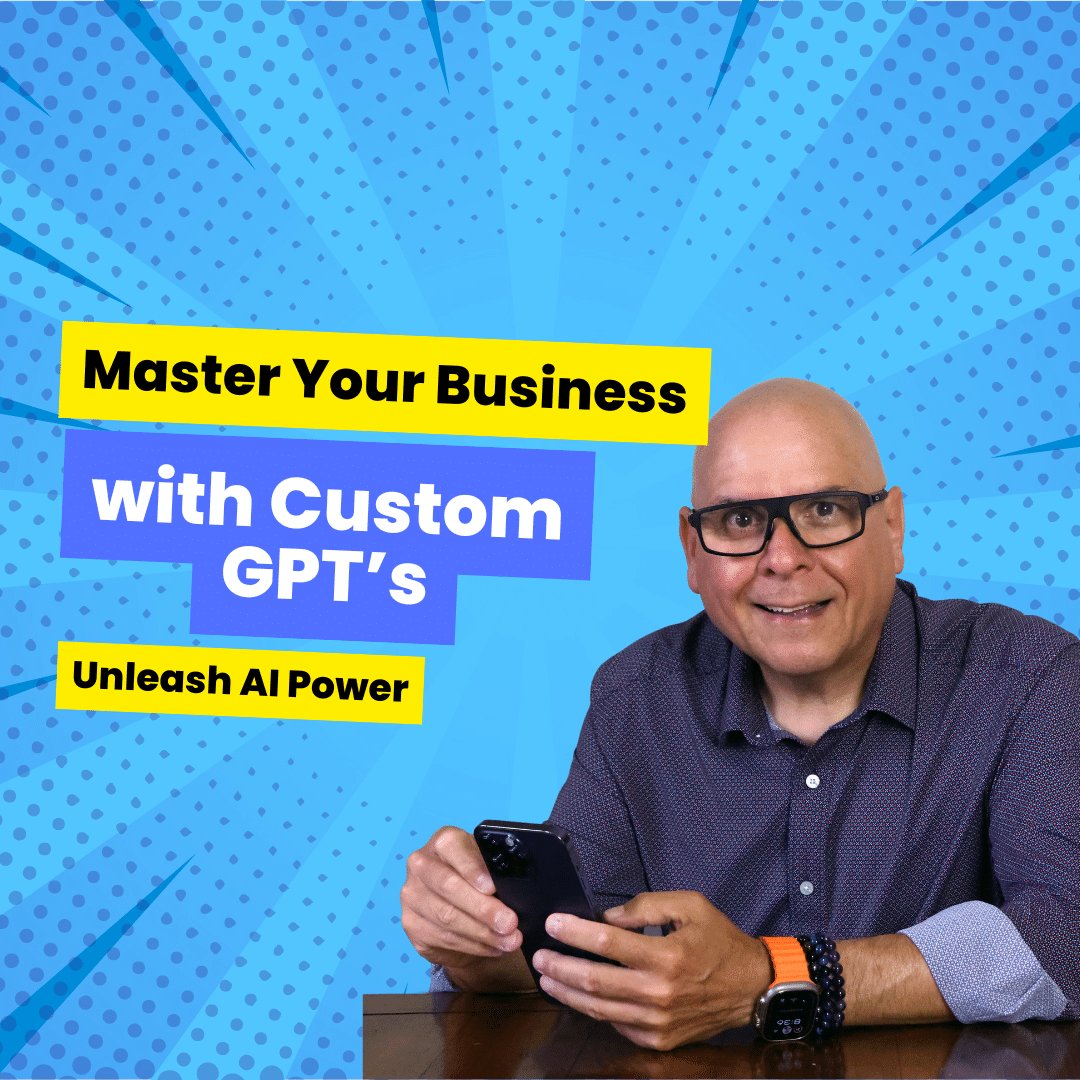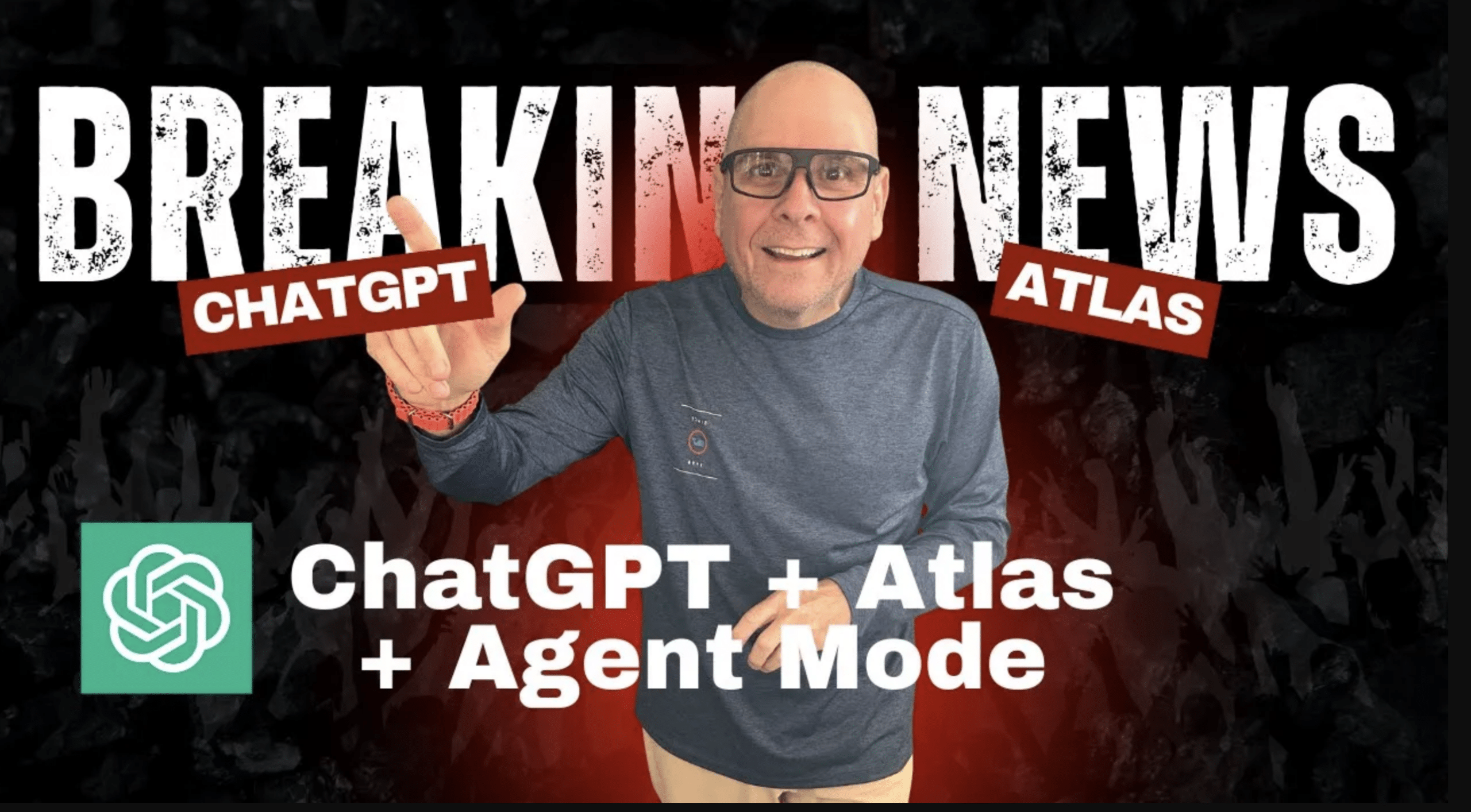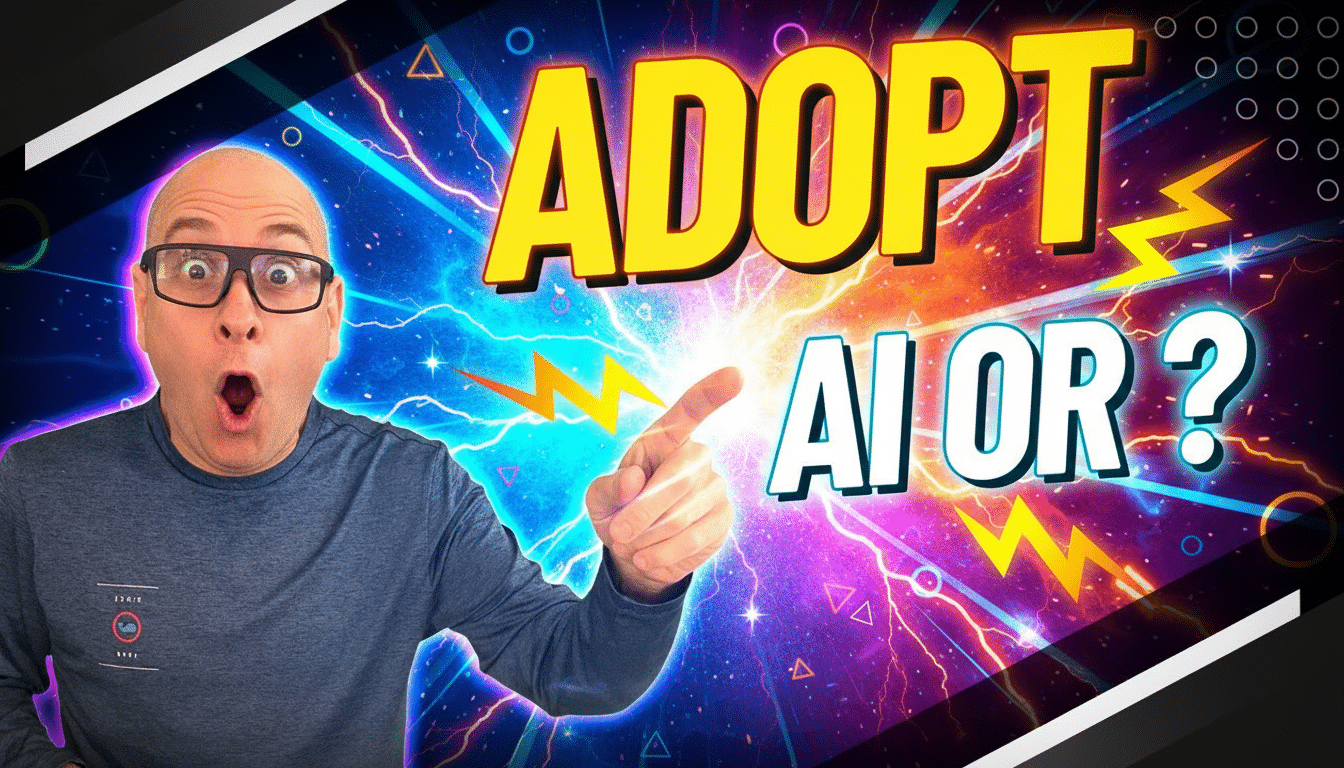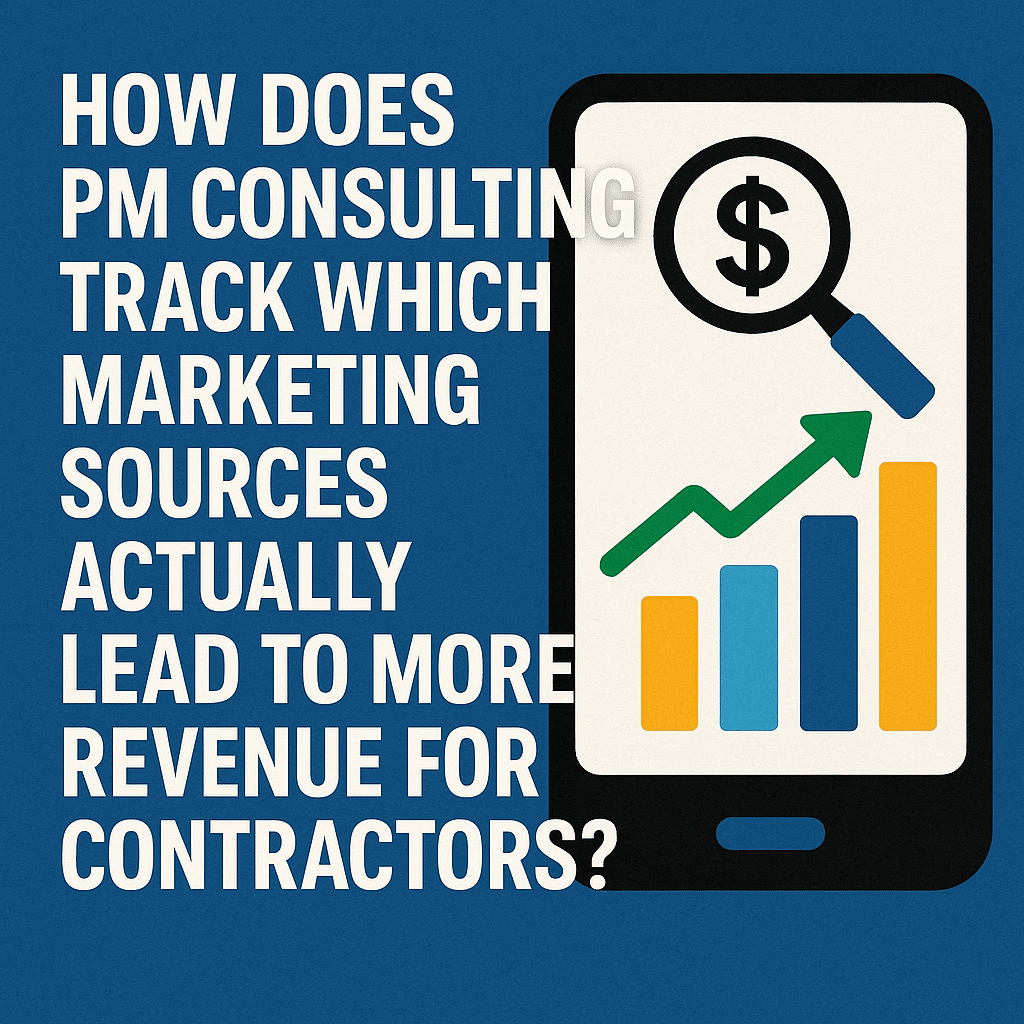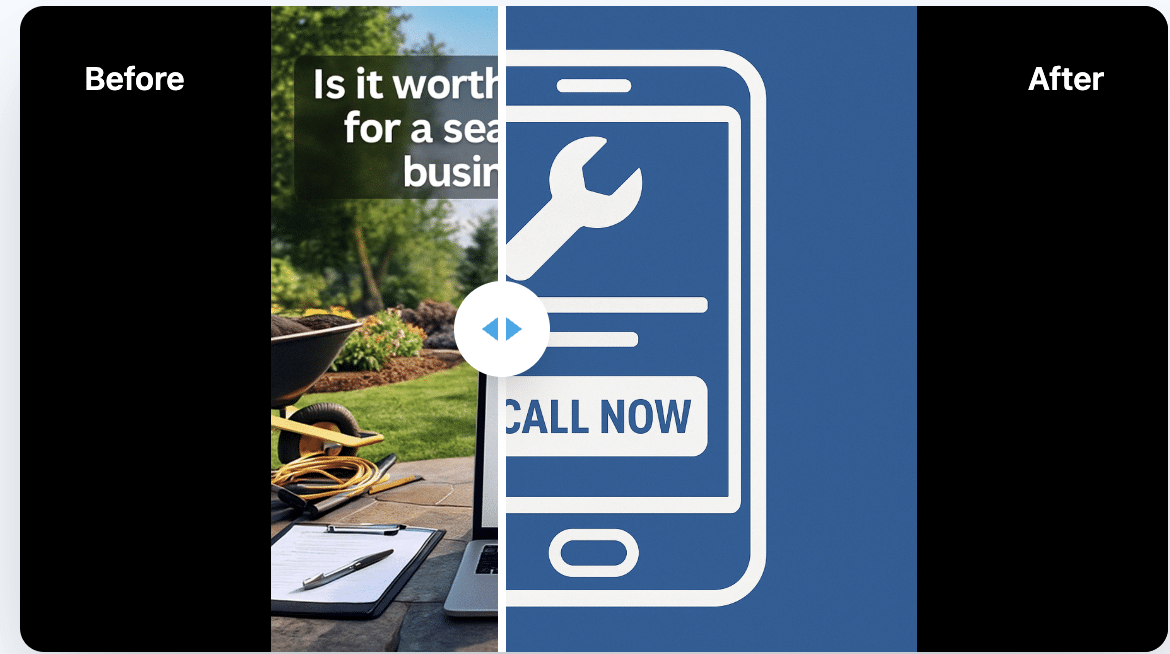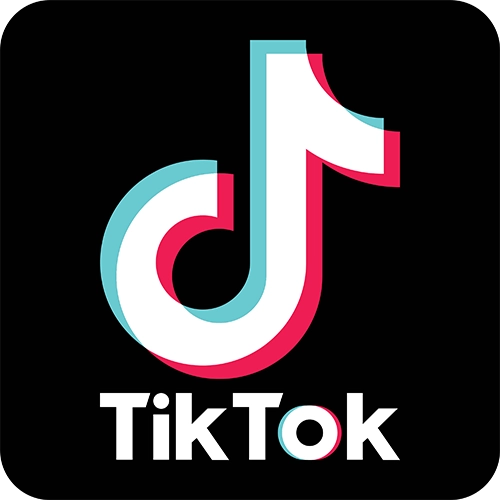Master Your Business with Custom GPTs
Introduction to GPT Technology
In the ever-evolving landscape of business technology, tools like GPT (Generative Pre-trained Transformer) are redefining how companies operate. GPTs are advanced AI models capable of generating human-like text, making them incredibly useful across industries. From automating repetitive tasks to offering insights in real time, GPT technology is changing the way businesses interact with customers and manage operations.
What is GPT?
GPT is a type of artificial intelligence model designed to process and generate natural language. Developed by OpenAI, these models are pre-trained on vast datasets and can perform a wide range of tasks, including answering questions, drafting emails, and providing recommendations.
Evolution of GPT in Business Applications
Over time, GPT technology has moved beyond simple text generation to become a cornerstone of business operations. Early versions of GPT focused on basic text-related tasks, but modern iterations, when customized, deliver tailored solutions for customer support, sales, and marketing.
Why Customizing GPTs is Crucial
The Need for Tailored AI Solutions
Every business is unique, with specific workflows, customer interactions, and goals. Generic AI solutions often fall short in addressing these nuanced requirements. Custom GPTs solve this by allowing businesses to train the model with their own data, such as FAQs, product catalogs, and service manuals.
Benefits of Custom GPTs for Businesses
Customizing GPTs offers multiple advantages:
- Enhanced accuracy: Tailored responses align with brand voice and customer expectations.
- Increased efficiency: Automated workflows reduce response times and operational costs.
- Scalability: Custom GPTs grow alongside business needs, accommodating increasing data and complexity.
Core Benefits of Custom GPTs
Enhanced Personalization
Custom GPTs use specific business data to offer personalized customer experiences. By referencing uploaded materials, GPTs can provide contextually accurate answers and recommendations.
Improved Customer Experience
With the ability to handle high volumes of inquiries quickly and accurately, GPTs improve customer satisfaction. They ensure that customers receive consistent and informed responses.
Scalable Solutions
As businesses expand, so do their operational demands. Custom GPTs are flexible, making it easy to update their knowledge base with new data as the business grows.
Key Features of Customized GPTs
Multi-GPT Integration
One standout feature of customized GPTs is the ability to integrate multiple models into a single conversation. Businesses can create specialized GPTs for different functions, such as:
- Sales GPT: Focused on lead generation and closing deals.
- Support GPT: Handles customer service queries.
- Marketing GPT: Generates content and campaign strategies.
This seamless integration ensures efficiency and eliminates the need to switch between systems.
Knowledge Uploads and Training
Custom GPTs allow businesses to upload documents, manuals, and other data to train the AI. This ensures that the AI understands specific business processes and can interact with customers as if it were part of the team.
Conversational Flow Optimization
Advanced GPTs maintain natural and context-aware conversations, mimicking human interactions to enhance customer engagement.
Business Applications of Custom GPTs
CRM Enhancements
Custom GPTs can integrate with Customer Relationship Management (CRM) systems to streamline processes. They provide instant responses, ensuring that customer interactions are smooth and efficient.
AI-Driven Customer Support
Custom GPTs can:
- Offer 24/7 support.
- Handle a high volume of inquiries simultaneously.
- Reduce average response times, leading to increased customer satisfaction.
Sales Support Automation
From analyzing customer needs to generating proposals in real time, GPTs enhance sales processes. They allow sales teams to focus on high-value tasks, increasing productivity.
Marketing and Content Creation
Custom GPTs excel in content generation, enabling businesses to:
- Automate blog writing.
- Draft email campaigns.
- Optimize social media content—all while maintaining the brand voice.
How to Customize GPTs for Your Business
Step 1: Define Goals
Identify the areas where AI can have the most significant impact. Common use cases include customer support, lead generation, and content automation.
Step 2: Upload Relevant Data
Gather all necessary documents, such as product catalogs, service guides, and FAQs, to train your GPT. The more detailed the data, the more accurate the responses.
Step 3: Test and Optimize
Simulate customer interactions to identify gaps in responses. Iterative testing helps fine-tune the GPT for maximum accuracy.
Step 4: Integrate with Existing Systems
Use APIs to embed GPT functionalities into your CRM, website, or other tools. This ensures seamless operations and consistency across platforms.
Step 5: Monitor and Improve
Track the GPT’s performance through metrics such as response time and customer satisfaction. Regular updates ensure the AI remains effective.
Overcoming Current Limitations
While custom GPTs offer significant advantages, certain limitations persist:
- Desktop vs. Web Capabilities: Multi-GPT integrations work best on desktop platforms. As the technology evolves, these features are expected to improve across all devices.
- Complexity of Customization: Initial setup and integration require careful planning but offer long-term benefits.
Real-World Case Studies
Customer Support Success
A retail business implemented a custom GPT for customer inquiries, reducing response time by 60% and freeing up staff for strategic tasks.
Sales Transformation
A SaaS company used GPT to generate personalized proposals, increasing conversion rates by 30%.
Benefits of Investing in Custom GPTs
- Enhanced Efficiency: Automate repetitive tasks to save time.
- Improved Customer Satisfaction: Deliver faster, more accurate responses.
- Cost Savings: Reduce the need for manual intervention in routine tasks.
Challenges to Consider
While highly beneficial, custom GPTs come with challenges:
- Integration Complexity: Proper setup is essential to avoid workflow disruptions.
- Data Security: Ensuring data privacy and compliance is critical when training GPTs.
The Future of Custom GPTs in Business
The future of GPT technology promises exciting developments, including:
- Improved natural language processing for even more human-like interactions.
- Enhanced multi-language support for global operations.
- Smarter integration capabilities with existing tools and platforms.
Final Thoughts on Custom ChatGPTs
Custom GPTs are revolutionizing business operations by offering tailored, efficient, and scalable AI solutions. Whether you’re enhancing customer support or automating sales, the benefits of customization are undeniable. Start exploring how custom GPTs can transform your business today!
FAQs
1. What types of data can I upload to train my GPT?
You can upload FAQs, product catalogs, service manuals, and any other relevant documents.
2. How secure is the data used for customization?
When handled properly, data remains secure. Always ensure compliance with data protection regulations.
3. What are the costs associated with GPT customization?
Costs vary based on complexity, but initial investments often result in significant long-term savings.
4. Can GPTs handle multiple languages?
Yes, GPTs can be trained to support multiple languages, making them ideal for global businesses.
5. How often should I update my GPT?
Regular updates are essential to ensure the AI stays accurate and relevant.
6. Are there industries where GPTs are less effective?
While GPTs excel in text-based interactions, industries requiring extensive physical operations may find limited applications.

